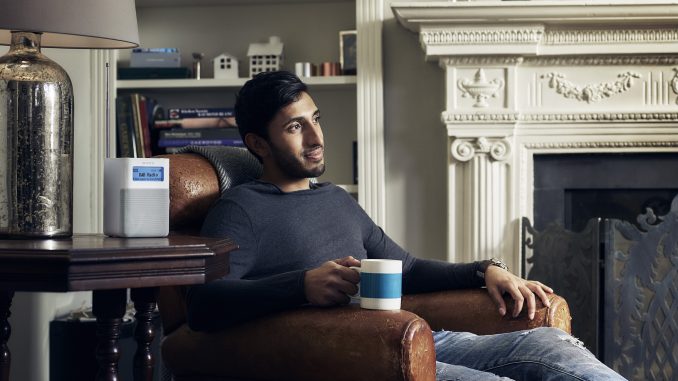
The DCMS has launched a new consultation to gather feedback on plans to relax rules on current advertising and sponsorship restrictions for community radio stations.
The eight-week consultation also seeks views on whether to renew the over 300 analogue community radio licences which are due to expire from October 2025 and if so, for how long considering the shift to digital and internet-based listening.
The consultation provides an overview of the current analogue radio landscape, the questions being asked and ways to respond.
To date, analogue community radio licences have been issued for an initial five years in accordance with the provisions of the Broadcasting Act 1990 and the Community Radio Order 2004, with subsequent Orders amending the relevant provisions such as to enable Ofcom to extend these licences for a further five years on three occasions.
Since 2015, community radio stations have been able to raise at least £15,000 per year from commercial sources. For stations operating in the locality of a small commercial station, where that commercial station has not taken advantage of provisions introduced into the Broadcasting Act 1990 by the Digital Economy Act 2010 relating to where they can produce ‘locally-made’ programming, this is an absolute restriction.
Stations whose local commercial service has taken advantage of those provisions are allowed to take an additional level of income from advertising / sponsorship (potentially up to 50% of their annual income above the £15,000 base). Stations with no such local competition can raise 50% of their annual revenue above £15,000 via commercial avenues.
The original purpose of these restrictions was to protect the character of community radio and to encourage stations to build their local presence and strengthen their connections with their listenership.
However, that same trend has left fewer than ten community stations subject to the absolute restriction, while the 50% rule may have limited the scope for community radio stations to grow and develop even where stations are operating in areas with no, or limited, local commercial radio services. The government wants to ensure that community radio has the freedom to develop its local services (while maintaining its core character, including the requirement to deliver social gain).
This consultation therefore seeks views whether the government should make provision to allow analogue community radio licences to be extended for a further period (and if so, what the length of this period should be); and whether the existing provisions relating to advertising revenue remain appropriate.
In addition, the DCMS would welcome any and all views on possible future licensing models which would support the continued success of the wide variety of community stations across the UK.
In the event that it is appropriate to do so in light of the responses to this consultation, the government intends to make any changes by way of secondary legislation to amend the Community Radio Order 2004, in accordance with the provisions of s262 Communications Act 2003. Any such changes would need to satisfy the existing statutory tests for community radio as set out in s262(2) of the 2003 Act, namely that “the description is of services to be provided primarily for the good of members of the public or of a particular community, rather than for commercial reasons”; and the Secretary of State “considers that the provision of services of that description confer, or would confer, significant benefits on the public or on the communities for which they are provided.”
This consultation is being carried out in accordance with the terms of the government’s consultation principles.
The consultation period has been set at 12 weeks in order to give the government the option of bringing forward any legislative changes in the early part of 2024. The closing date for responses is 5pm on 31 January 2024. You can respond by email to communityradiolicensing@dcms.gov.uk.
